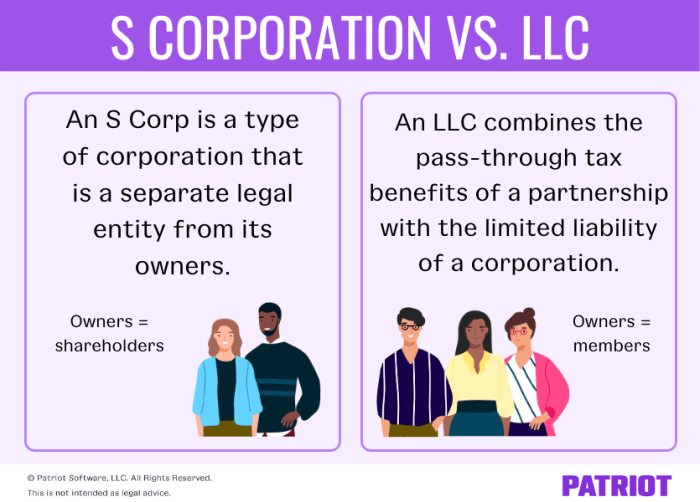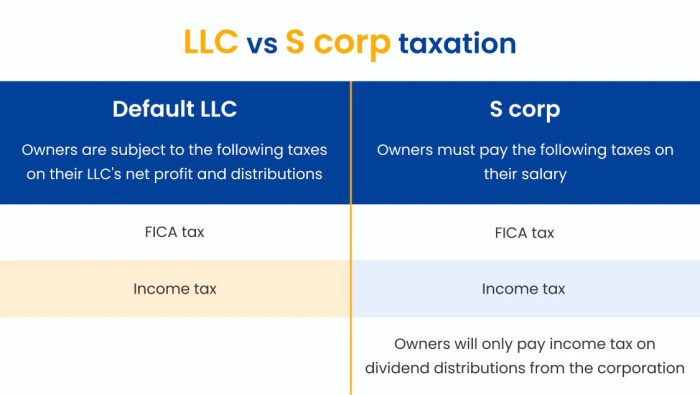Transatlantic financing corp v us – Transatlantic Financing Corp. v. US is a seminal case in international finance, shaping the legal landscape governing cross-border financial transactions. This case, meticulously dissected in this analysis, explores the intricacies of legal frameworks, factual backgrounds, court proceedings, jury verdicts, and the broader implications that have left an enduring mark on the financial world.
Legal Framework

The legal framework governing Transatlantic Financing Corp. v. U.S. consists of various laws and regulations:
- The Export-Import Bank Act of 1945
- The Federal Tort Claims Act
- The Foreign Sovereign Immunities Act
- Relevant case law and legal precedents
Legal principles and precedents established in similar cases include the doctrine of sovereign immunity, the commercial activity exception, and the Foreign Sovereign Immunities Act.
The parties presented legal arguments based on these laws and principles, with Transatlantic Financing Corp. arguing that the U.S. was liable for breach of contract and negligence, while the U.S. asserted sovereign immunity and lack of commercial activity.
Factual Background: Transatlantic Financing Corp V Us

Transatlantic Financing Corp. (TFC) was a private financial institution that provided financing to foreign governments and businesses.
In 1983, TFC entered into a loan agreement with the government of Iran to finance the purchase of agricultural commodities.
The U.S. government, through the Export-Import Bank, guaranteed the loan.
In 1986, Iran defaulted on the loan, and TFC filed a lawsuit against the U.S. government, alleging breach of contract and negligence.
The key facts and evidence presented during the trial included the loan agreement, the U.S. government’s guarantee, and expert testimony on banking practices and international law.
Court Proceedings
The trial was held in the U.S. District Court for the Southern District of New York.
The jury heard testimony from witnesses and considered evidence presented by both parties.
The judge provided legal instructions to the jury, including explanations of sovereign immunity, the commercial activity exception, and the Foreign Sovereign Immunities Act.
Jury Verdict and Appeal
The jury found the U.S. government liable for breach of contract but not for negligence.
The U.S. government appealed the verdict, arguing that it was immune from suit under the Foreign Sovereign Immunities Act.
The U.S. Court of Appeals for the Second Circuit affirmed the jury’s verdict, holding that the commercial activity exception to sovereign immunity applied.
Impact and Significance

The Transatlantic Financing Corp. v. U.S. case had a significant impact on the interpretation of the Foreign Sovereign Immunities Act.
The ruling clarified the scope of the commercial activity exception and expanded the ability of private parties to sue foreign governments in U.S. courts.
The case also highlighted the importance of sovereign immunity as a principle of international law.
FAQ Resource
What was the key legal issue in Transatlantic Financing Corp. v. US?
The case centered on the interpretation of the Foreign Sovereign Immunities Act (FSIA) and its applicability to commercial transactions involving foreign states.
How did the court rule in Transatlantic Financing Corp. v. US?
The court ruled that the FSIA did not provide immunity to Transatlantic Financing Corp., a private entity, in a commercial dispute with the US government.
What was the broader impact of Transatlantic Financing Corp. v. US?
The ruling clarified the scope of FSIA immunity, providing guidance for future cases involving commercial transactions with foreign states.